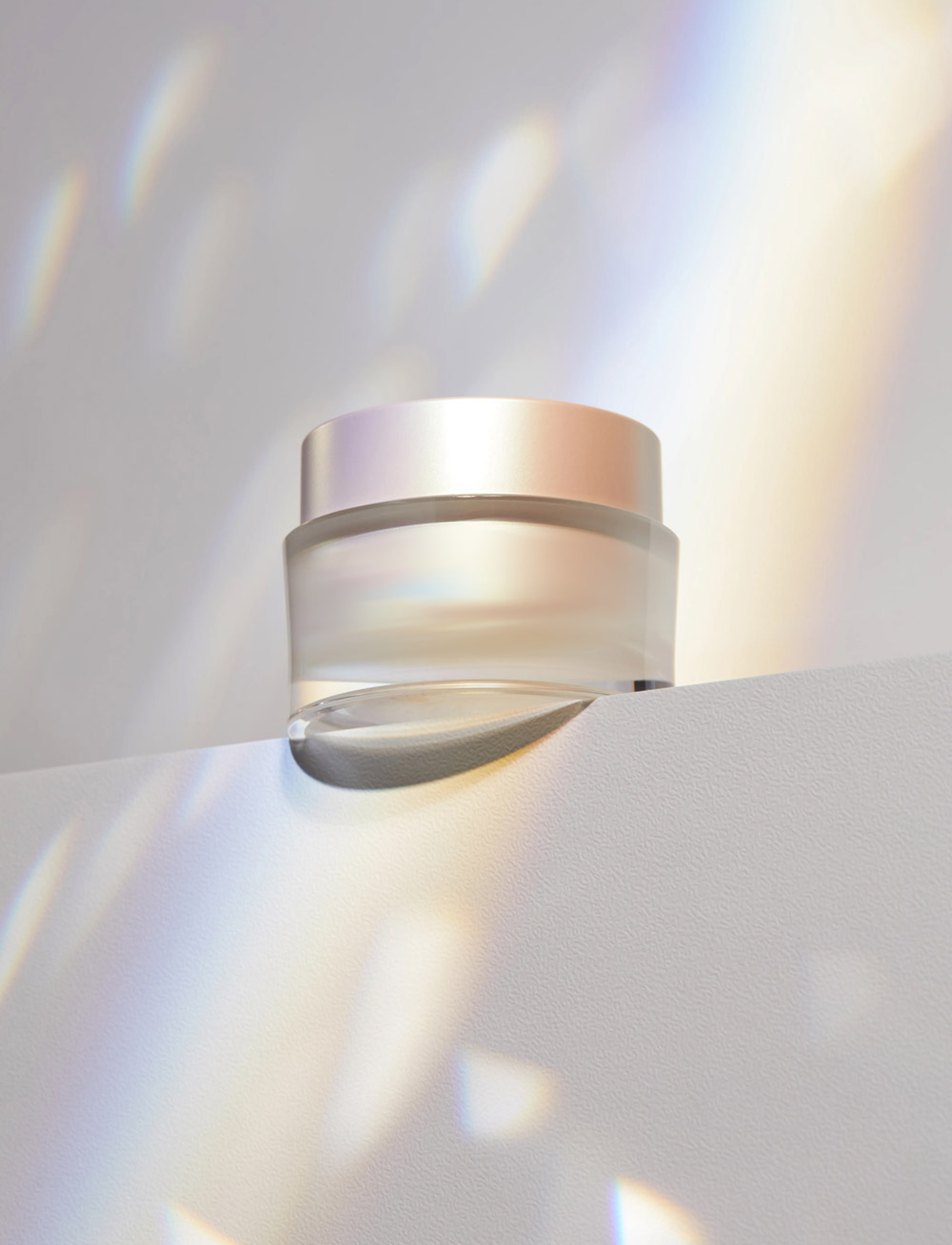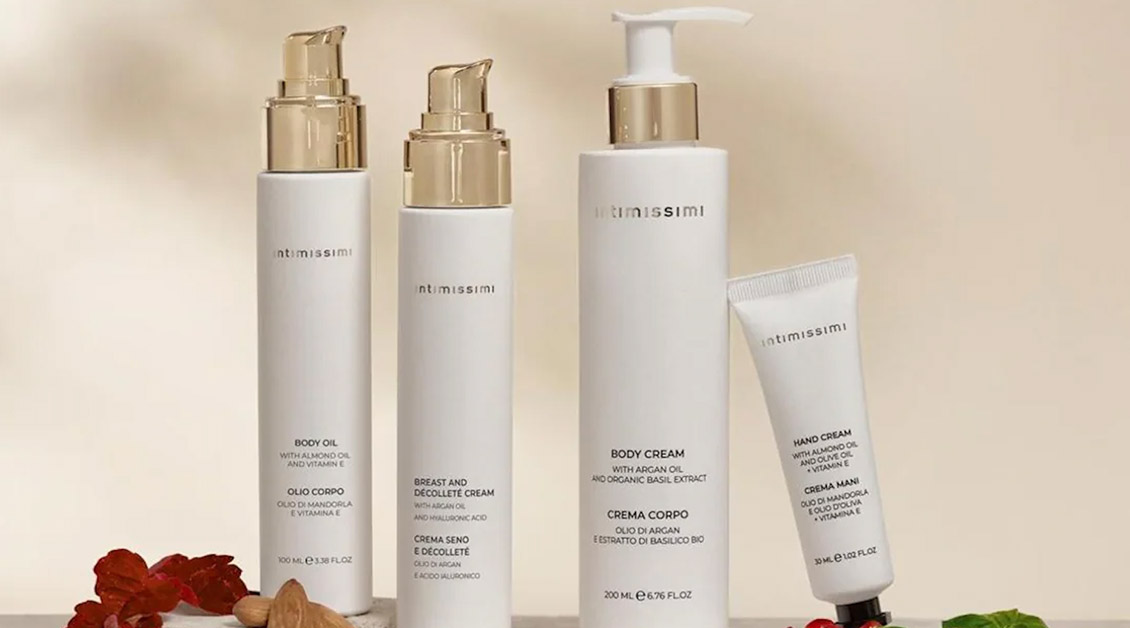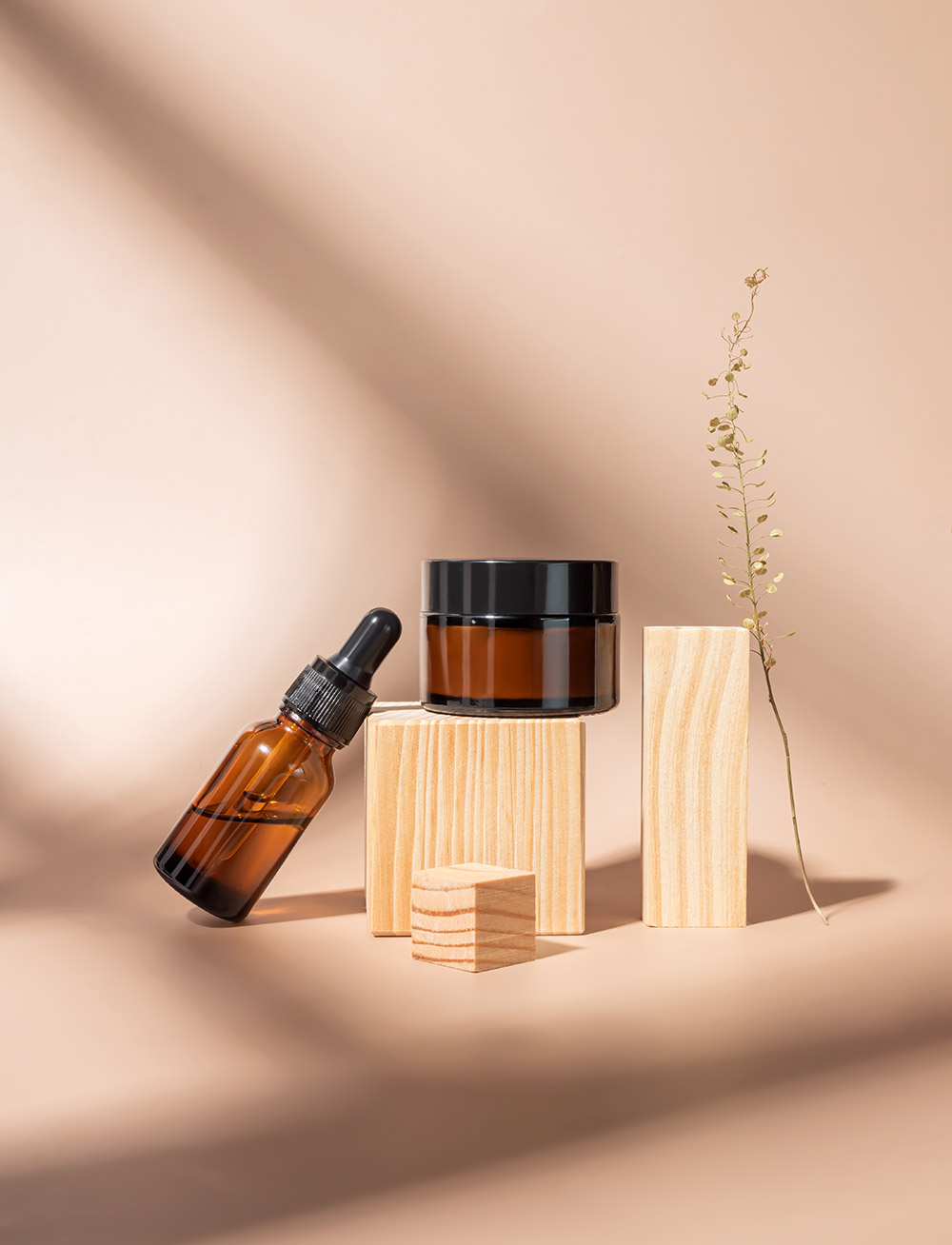In recent years, the term “green” has become a cornerstone in discussions surrounding the environment and sustainability. But when can a product truly be called green?
The concept goes far beyond merely using recyclable materials. Green products are fundamental to fostering a sustainable economy and encouraging conscious consumption, significantly reducing the negative impact on our planet.
Adopting green practices today is essential to securing a better future tomorrow. Choosing a green product represents a responsible decision that benefits the environment. Through their purchasing choices, consumers hold the power to drive sustainable production, protect natural resources, and promote a fairer, more sustainable economy.
What Defines a Green Product?
A product is considered green when its life cycle—from production to disposal—minimizes its environmental footprint. Key characteristics include:
- Use of sustainable materials**: Recycled or recyclable components.
- Reduced CO2 emissions: Implementing energy-efficient production processes.
- Minimized resource use: Lower consumption of water and energy.
In essence, a green product prioritizes pollution reduction while benefiting the ecosystem.
Take cosmetics as an example: eco-friendly packaging made from biodegradable or renewable materials, such as bamboo instead of plastic, reflects green principles. Beyond individual products, the green approach also involves sustainable business practices and environmentally conscious manufacturing.
Green Purchase Behavior
Green purchase behavior refers to consumers’ preference for eco-friendly products. Sustainability-conscious shoppers select goods that align with green criteria, such as:
- Non-polluting materials.
- Responsible production processes.
- Recyclable or minimal-waste packaging.
This ethical decision-making promotes demand for environmentally friendly products, incentivizing companies to invest in genuinely sustainable technologies.
What Makes a Product Sustainable?
A product is sustainable when its production and usage adhere to three fundamental principles:
- Reduced natural resource use.
- Minimized pollution.
- Preservation of biodiversity.
Sustainable products aim to minimize environmental harm while promoting fair working conditions and ethical practices throughout the supply chain.
They are designed with a focus on their entire life cycle: from sourcing responsibly managed raw materials to optimizing production for reduced emissions and ensuring long-lasting quality.
Evaluating Product Sustainability
Determining the sustainability of a product, particularly in the beauty sector, involves analyzing key factors such as:
- Material sourcing: Prioritizing renewables and certified origins.
- Production processes: Reducing emissions and waste.
- Product lifecycle: Durability and ease of disposal.
Certifications like the FSC (Forest Stewardship Council) or EU Ecolabel attest to reduced environmental impacts. For instance, an FSC-certified product guarantees that its wood components come from responsibly managed forests.
A green beauty product is eco-friendly when it minimizes resource consumption and pollution throughout its life cycle.
What Does It Mean to Be Green?
Being green involves daily actions that respect the environment and reduce waste, such as:
- Choosing sustainably sourced ingredients.
- Reducing plastic use and waste.
- Promoting recycling.
- Conserving water and energy.
- Opting for environmentally friendly alternatives in everyday activities.
At Naturalia Tantum, we embody these principles in every aspect of our operations:
- Sustainable sourcing of raw materials.
- Production powered by 100% renewable energy.
- Clean, eco-conscious formulations.
- Eco-friendly packaging to minimize waste.
Eco-Green Cosmetics: A Commitment to the Future
For the beauty industry, adopting eco-green practices is a crucial commitment. Cosmetic companies must innovate to stay ahead in an ever-evolving market. Green cosmetics not only represent an ethical choice but also enhance corporate reputation, meeting the demands of a discerning and eco-conscious audience.
Create Your Own Green Cosmetic Line with Naturalia Tantum
Join the movement toward a sustainable future. At Naturalia Tantum, we provide expert guidance to help you develop a cosmetics line that embodies green principles, benefiting both your brand and the planet.







